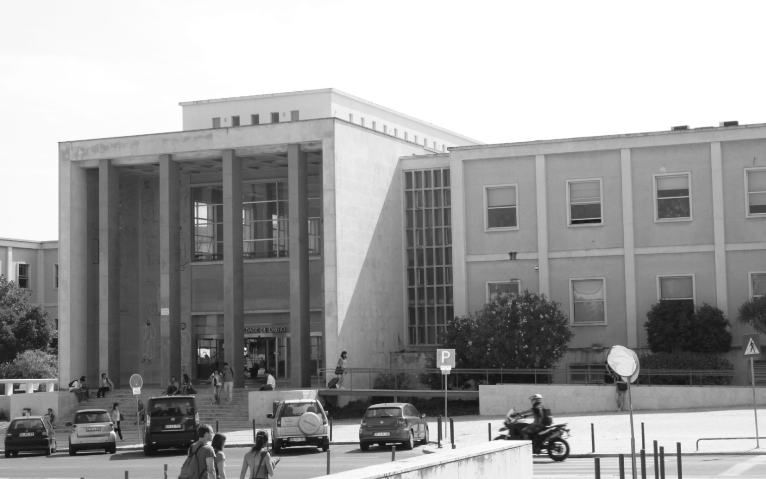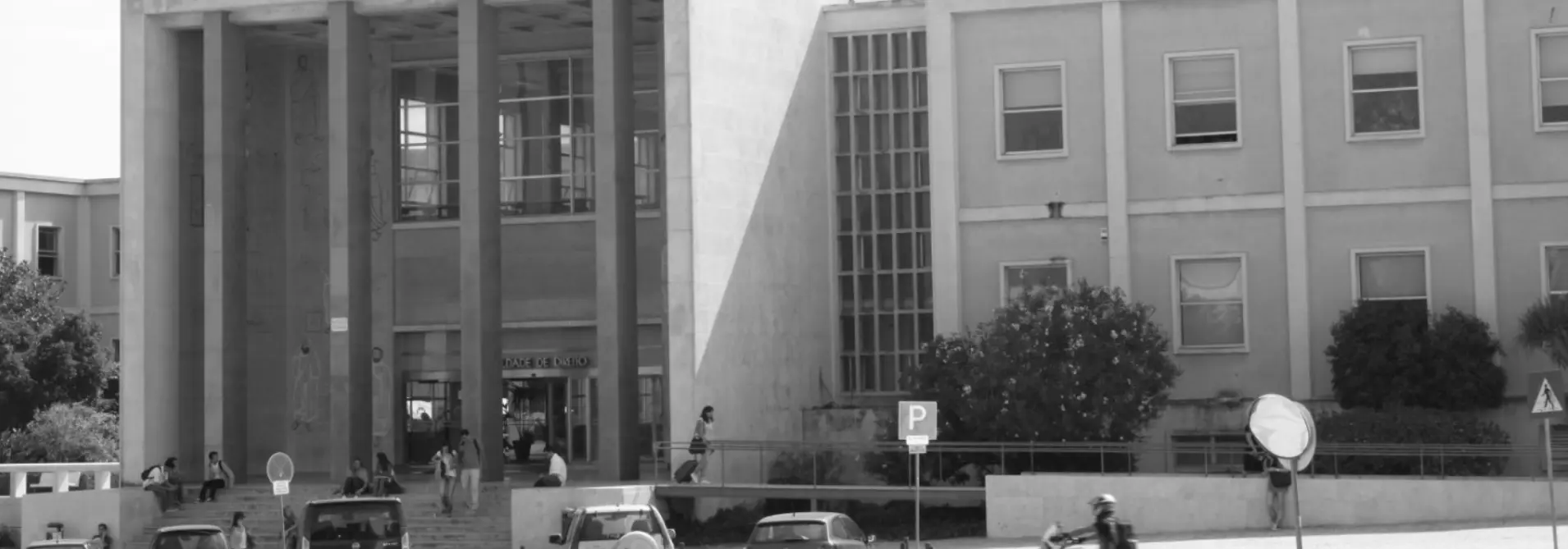RESEARCH
LPL EDITIONS
RESEARCH ACADEMY
HAPPENING
RESEARCH
International and European Law
The European Union Human Rights protection internormative system

Responsible Researchers:
Maria Luísa Duarte
Maria Luísa Duarte
Financing:
UIDB/04310/2020
UIDB/04310/2020
Project Status:
Closed
Closed

Summary
This research project aims to study the protection of fundamental rights within the evolving relationship between national courts, in particular the Constitutional Courts, the European Court of Human Rights and the Court of Justice of the European Union and the inherent problems that arise from this type of of judicial triangle. Questions of coexistence, coherence and articulation will be at its core.
To this day, some debate has taken place in Portugal, namely at the Faculty of Law of the University of Lisbon, on the multi-level European protection of fundamental rights, especially in view of the historic milestone of the Lisbon Treaty and EU accession. to the European Convention on Human Rights. The project consists of organising several initiatives to draw attention to the topic in the scientific community, motivating study and legal research at the level of postgraduate studies.
Objectives
This research project aims to achieve the following objectives:
1) Draw attention in the scientific community to the need for further legal debate on European multi-level judicial protection of fundamental rights – protection by national courts (including constitutional courts), the Court of Justice of the European Union and the European Court of Rights of Human Rights – and its impact on guaranteeing and improving the protection of these same rights;
2) Debate and demonstrate, considering the different current levels of European protection of fundamental rights (national and transnational), to what extent the objective proposed by the Treaty of Lisbon of accession of the European Union to the European Convention on Human Rights, according to the proposed Accession Treaty (June 2013), will contribute to an improvement in the protection of citizens' fundamental rights as well as to what extent such accession will also contribute to creating unequal levels of judicial protection according to the violated right and its (different) transnational sources – European Convention on Human Rights / Charter of Fundamental Rights of the European Union;
3) Discuss the role of each level of judicial protection of fundamental rights - national and European (ECtHR/EU) -, their current mutual judicial dialogue and relationship (coexistence, coherence and articulation) and whether accession to the ECtHR will significantly modify this relationship, consequently introducing a radical change in international regional law regarding the articulation between transnational judicial systems for the protection of fundamental rights (and creating a 'model' of multi-level judicial protection for other regional systems that provides for judicial protection of fundamental rights in the within international regional organizations – for example, in Latin America or Africa);
4) Debate and demonstrate to what extent the entry into force of Protocol number 16 to the European Convention on Human Rights on advisory opinions (October 2013) will contribute to a radical change in multi-level judicial dialogue between national and transnational courts ( European Court of Human Rights), on the one hand, and between transnational courts (EU Court of Justice and European Court of Human Rights), on the other, regarding the uniformity of the interpretation and application of the ECHR and therefore contributing to multidisciplinary protection. -most effective (national and EU level) level of rights and freedoms defined in the Convention or the attached Protocols;
5) Taking into account the conclusions of the previous points, promote reflection on concrete measures that clarify and improve the coordination between and between the different judicial levels of protection, thus improving the effectiveness of European transnational protection of fundamental rights;
6) Place CIDP and the Faculty of Law of the University of Lisbon in the transnational regional dialogue on the European protection of fundamental rights.


